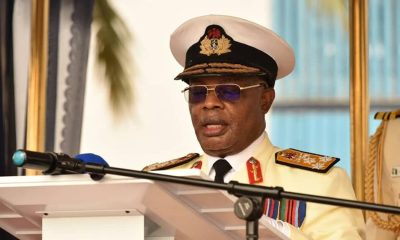Education
After FG’s payment of arrears, ASUU Says strike continues
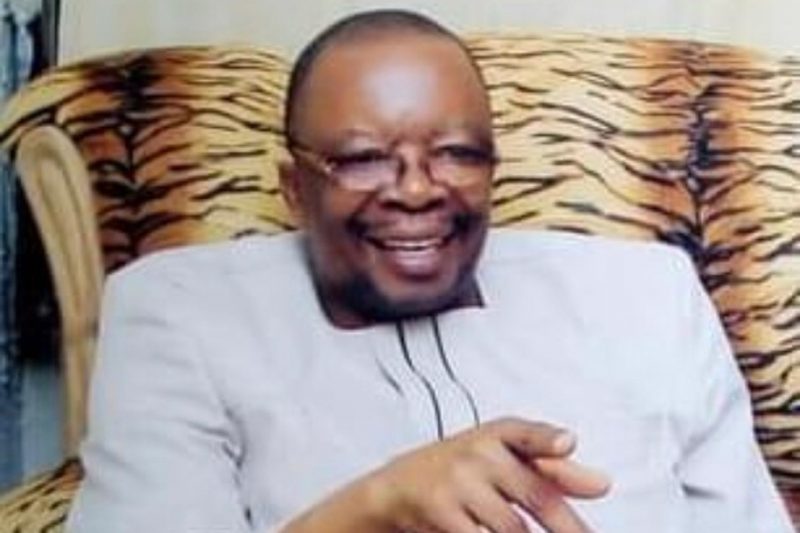
The Academic Staff Union of Universities has insisted that its members won’t resume work despite the Federal Government’s payment of minimum wage arrears.
This [was contained in a circular by the University of Lagos branch of the union titled, ‘Payment of minimum wage arrears’.
The chairman of UNILAG ASUU, Dele Ashiru, confirmed the authenticity of the circular to The PUNCH on Saturday.
Ashiru described the arrears payment as “long-overdue”, saying that the core demands of ASUU have not been met.
The circular read, “The leadership of our Branch has been inundated with calls concerning the recent payment of the long-overdue arrears of the consequential adjustment of the minimum wage.
“Our members are reminded that this is not one of the core demands upon which the ongoing strike action is premised.
“For the avoidance of doubt, the demands of our Union are the conclusion of the renegotiation of the 2009 FGN/ASUU Agreement, abrogation of the fraudulent and corrupt IPPIS scheme and the deployment of UTAS, payment of promotion arrears, the proliferation of State Universities and governance issues amongst others.
READ ALSO:
- Again, gunmen strike Anambra, abduct politician, shoot son
- NAF Jets bomb Boko Haram/ISWAP convoy in Borno, kills scores of terrorists
- Four kidnapped Kaduna female students regain freedom
“While our Union welcomes this unsolicited payment, our members should please conserve the funds and spend wisely so as to energise our struggle until all our demands are satisfactorily met
Our Union commends the resolve and sacrifice of our members in enthroning a University system that is globally competitive.
“United we bargain! Divided we beg! A people united can never be defeated. Solidarity forever”
The PUNCH had reported that the Federal Government had commenced the payment of minimum wage arrears, which it owed lecturers under the aegis of the Academic Staff Union of Polytechnics and Academic Staff Union of Universities as part of efforts to end ongoing strikes by the unions.
On February 15, ASUU began a four-week rollover strike following the Federal Government’s failure to meet its demands.
The National President of ASUU, Prof. Emmanuel Osodeke, said the decision was taken after the union’s National Executive Committee meeting.
Osodeke said since the last meeting the union had with the federal government in December 2021, it had not received any formal invitation from the government.
ASUU extended the action by another two months to afford the government more time to address all of its demands.
The union also accused the government of displaying an indifferent attitude toward its demands.
Osodeke, in a statement to announce the extension of the rollover strike, noted that the national executive council of the union “was disappointed that Government did not treat the matters involved with utmost urgency they deserved during the four-week period as expected of a reasonable, responsive, and well-meaning administration”.
He said the NEC concluded that the government had failed to satisfactorily address all the issues raised in the 2020 Memorandum of Action within the four-week roll-over strike period and resolved that the strike be rolled over for another eight weeks.
Osodeke said the strike continues over the government’s failure to “satisfactorily” implement the Memorandum of Action it signed with the Union in December 2020 on funding for revitalisation of public universities (both Federal and States), renegotiation of the 2009 ASUU Agreement and the deployment of the University Transparency and Accountability Solution.
Other demands of the union as listed by ASUU include Earned Academic Allowances, State Universities, promotion arrears, withheld salaries, and non-remittance of third-party deductions.
Education
FG approves NYSC mobilisation for all full-time HND graduates
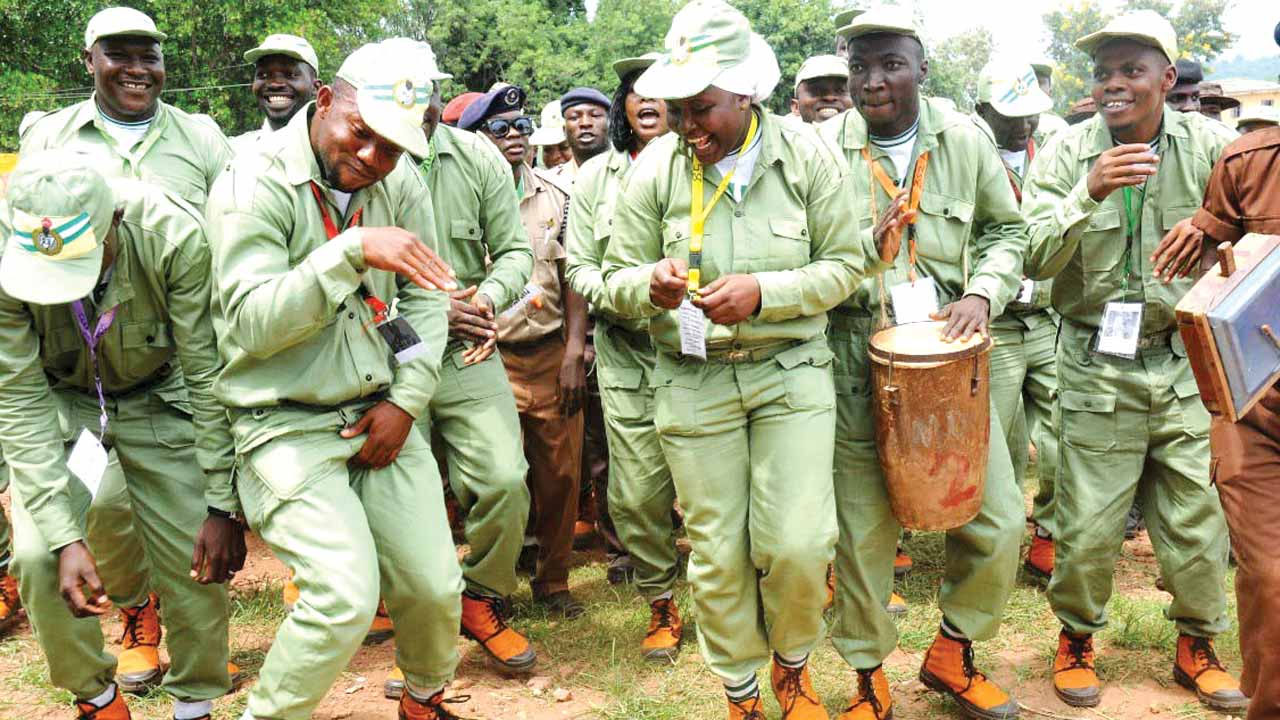
FG approves NYSC mobilisation for all full-time HND graduates
The Federal Government has approved the mobilisation of all full-time Higher National Diploma (HND) graduates for the National Youth Service Corps (NYSC), ending years of exclusion from the scheme.
Minister of Education, Dr. Tunji Alausa, announced the decision on Thursday in Abuja, stating that only graduates of full-time HND programs would be eligible for mobilisation. The policy shift follows consultations with the Director-General of the NYSC and is aimed at promoting fairness in the education sector.
“The Federal Ministry of Education remains committed to equity, fairness, and inclusivity in Nigeria’s education system,” Alausa said in a statement released by the ministry’s Director of Press and Public Relations, Folasade Boriowo.
READ ALSO:
- More trouble brews in Rivers as Ijaw congress considers self-determination option
- Obi, Bala Mohammed ticket can defeat Tinubu – South-South Alliance
- Another truck explodes in Abuja, 10 killed, 30 injured
To ensure smooth implementation, the National Board for Technical Education (NBTE) has been directed to compile data on eligible HND graduates. A circular has also been issued to polytechnic rectors, instructing them to upload the necessary graduate records to a newly established HND admission portal, which will serve as the official database for NYSC mobilisation.
However, the minister clarified that part-time HND graduates remain ineligible for the scheme.
“This decision applies strictly to those who completed a full-time HND programme,” Alausa reiterated.
He urged all qualified graduates to take advantage of the opportunity and begin their mobilisation process immediately.
The move is expected to address long-standing concerns among polytechnic graduates and enhance their participation in national development through the NYSC scheme.
FG approves NYSC mobilisation for all full-time HND graduates
Education
Romanian university offers fully funded scholarships to non-EU and non-EEA students for 2025

Romanian university offers fully funded scholarships to non-EU and non-EEA students for 2025
Romanian university offers fully funded scholarships to non-EU and non-EEA students for 2025
Education
New Zealand university offers up to $10,000 scholarship for international students
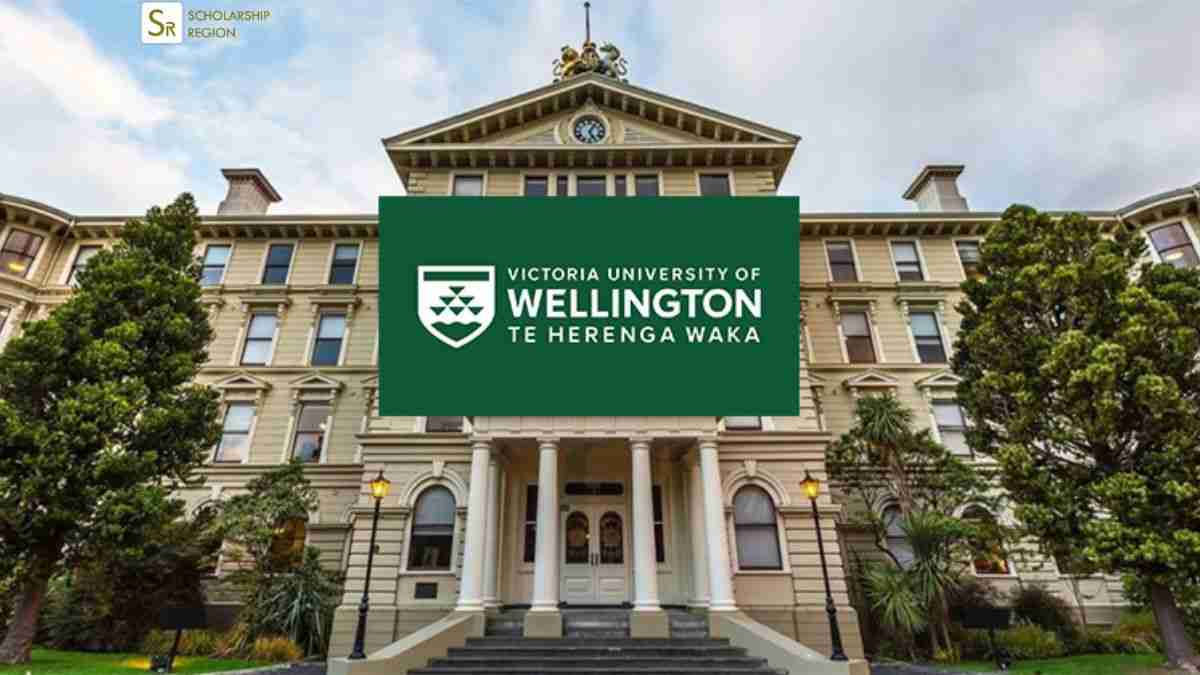
New Zealand university offers up to $10,000 scholarship for international students
Victoria University of Wellington in New Zealand, is offering the Tongarewa International Scholarship, which provides financial assistance of up to $10,000 to international students for their first year of study.
The scholarship seeks to support students in covering part of their tuition fees at the university.
The Tongarewa International Scholarship is available to international students starting their studies at Victoria University of Wellington in Trimester 2 or Trimester 3 of 2025.
This partial fee-based scholarship is open to both undergraduate and postgraduate students, offering a maximum award of $10,000.
“This is a partial fee-based scholarship that will go towards tuition fees for one year of study. It is designed for new international students, who are entering their first year of undergraduate or postgraduate studies at Victoria University of Wellington,” the institution informs.
“Scholarships are awarded competitively on the basis of academic excellence”
Eligibility criteria for the scholarship
To be eligible for the Tongarewa International Scholarship, applicants must:
- Be new international students
- Students must also hold a Conditional or Unconditional Offer of Place for an eligible program at Victoria University of Wellington
- New students to Victoria University of Wellington
- Selected by the scholarship award panel (upon scholarship application)
READ ALSO:
- China hosts Iran, Russia for nuclear talks
- Tinubu backs Obasa to remain Lagos speaker, ends assembly crisis
- Court bans viewing of controversial film, ‘Gang of Lagos’
Applicants are not eligible for this scholarship if they:
- Completed their secondary education at a New Zealand school;
- Completed the English for Academic Purposes (EAP) or the Victoria University of Wellington Foundation Studies programme;
- Are a Study Abroad or Exchange student or a Twinning student from one of the institution’s overseas partner universities;
- Are in their second trimester or year of study in the same degree programme (returning students) at Victoria University of Wellington
Application process
Students interested in applying for the scholarship must submit an application demonstrating academic achievement and leadership potential.
Scholarship requirements
The following documentation must be provided as part of the online scholarship application:
- A personal statement of up to 500 words outlining why the applicant wishes to study at Victoria University of Wellington, their academic goals and why they merit the scholarship
- Applicants should also include any leadership positions and details of their involvement in their school or community
According to the institution, “this is a partial fee-based scholarship which is awarded competitively based on academic excellence and the student’s personal statement. A panel comprising appropriate Wellington University International staff will review the applications and award the scholarships.”
Details further inform that the amount of the stipend will be awarded as either $2,500; $5,000; $7,500 or $10,000.
The scholarship amount, according to the institution, will be credited to students’ accounts two weeks after the programme begins. It cannot be paid out before this date.
Once the scholarship is awarded, the decision is final and cannot be appealed.
“Should the recipient withdraw from Victoria University of Wellington during the tenure of this scholarship or fail to achieve satisfactory progress, partial repayment of the Scholarship will normally be expected. Recipients must advise the Scholarships Office if they intend to withdraw,” the institution states.
Important deadlines
The deadline to apply for the scholarship is May 1st, 2025 for Trimester 2 and 1 August 2025 for Trimester 3. Applications must be submitted on the respective deadline dates.
For more details or to apply, students can visit the Victoria University of Wellington website.
New Zealand university offers up to $10,000 scholarship for international students
-

 metro2 days ago
metro2 days ago‘We’re not hiring,’ NNPC denies viral recruitment adverts
-

 metro1 day ago
metro1 day agoNatasha: Court blocks recall attempt, stops INEC
-
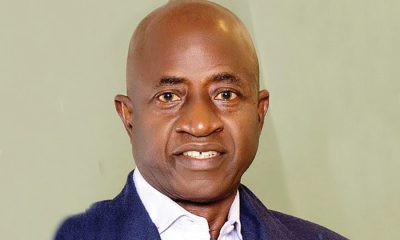
 Sports1 day ago
Sports1 day agoOdegbami speaks on Osimhen breaking his 44-year goals record
-
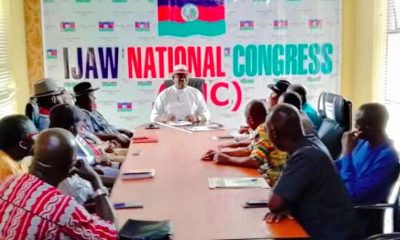
 metro2 days ago
metro2 days agoMore trouble brews in Rivers as Ijaw congress considers self-determination option
-

 Entertainment1 day ago
Entertainment1 day agoI didn’t snatch Asake’s mother from her husband -Musibau Alani
-

 Sports2 days ago
Sports2 days ago2026 WCQ: Super Eagles move up to third place with 2-0 win in Rwanda
-

 metro1 day ago
metro1 day agoBoko Haram attacks military base in Adamawa
-

 Sports2 days ago
Sports2 days agoOsimhen breaks Odegbami’s Eagles goal record



